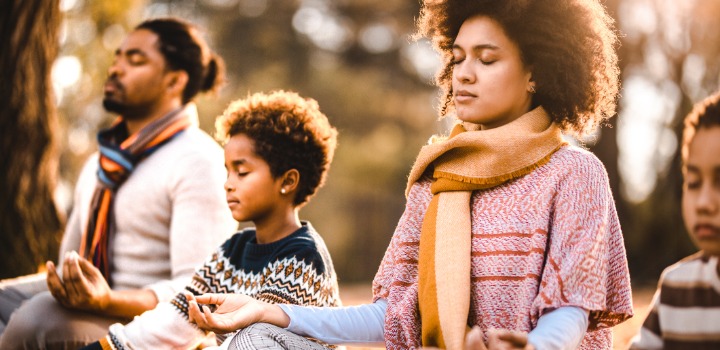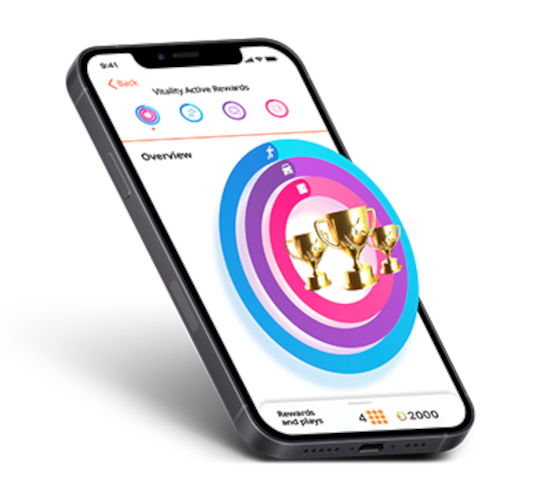Meditation 101 - your questions answered

Meditation is one of the aspects of mindfulness that contributes to mental wellbeing. But what is this ancient art about and how can we access it now? Vani Pavadai, who has been a meditation teacher with The Art of Living Foundation for over two decades, explains.
Q: We hear a lot about meditation and the benefits of quietening the mind but can you explain what the practice of meditation is exactly?
A: Meditation is really the beautiful art of being present, of resting the busy, active, thinking, engaging mind. Meditation is not visualisation or concentration or focus in any way. It is in fact the opposite. It's about really letting go, about doing nothing, resting.
Q: Why should we rest the mind?
A: The general tendency of all our minds is to vacillate or move from the past to the future. Thinking about the past, planning for the future. And this constant non-stop internal chit chat brings with it a degree of stress. So, meditation is the practise of constantly bringing the mind back again and again, and anchoring it gently into the present moment.
Q: How does breathing tie in with meditation?
A: One of the useful tools that you can use to help keep the mind rested in the present is to become aware of your breathing and allow the mind to fall in rhythm with your inhalation and exhalation of breath. You will find this tool effective when you practice meditation.
Q: How do we follow a guided meditation?
A: Generally, in a guided meditation, you have a few instructions to follow. First, try to meditate on an empty or light stomach. The instructions really need to be listened to in an easy manner, without applying the intellect too much. So, you're not trying to turn off your thoughts or fight with your mind or achieve anything. You're learning, or practising to observe the mind without any judgment, just lightly.
Q: My mind doesn't seem to sit still. Why is this?
A: It does take some time for the mind to settle down, but the mind will settle down to its natural, comfortable state. It's like exercising a muscle that you've never really worked out before. It takes regular practice to get comfortable in the now and to be comfortable in your own headspace.
In the practise of meditation, often, your mind or your focus will wander off and you'll start to daydream or talk to yourself. That's okay. It's very normal. Just keep remembering to bring your attention back to the breathing or gently back to the instructions.
Q: What are some tips for meditation?
A: Having a gentle smile on your face always helps in the practise of meditation. Slow down, and practise as regularly as you can.
Q: How does Vitality fit into this?
Vitality members can do a mental wellbeing assessment twice a year and earn 1000 Discovery Miles. If you are a Vitality Active Rewards member, install one of these apps to track your weekly sleep and mediation to earn Discovery Miles for your sleep and meditation practice
- HeadSpace
- Calm
- BuddhiFy
- The meditation app
Members can earn;
- 10 Discovery Miles a week for completing at least 10 minutes of mindfulness 3 times a week.
- 10 Discovery Miles a week for getting 7+ hours of sleep, 3 times a week.



